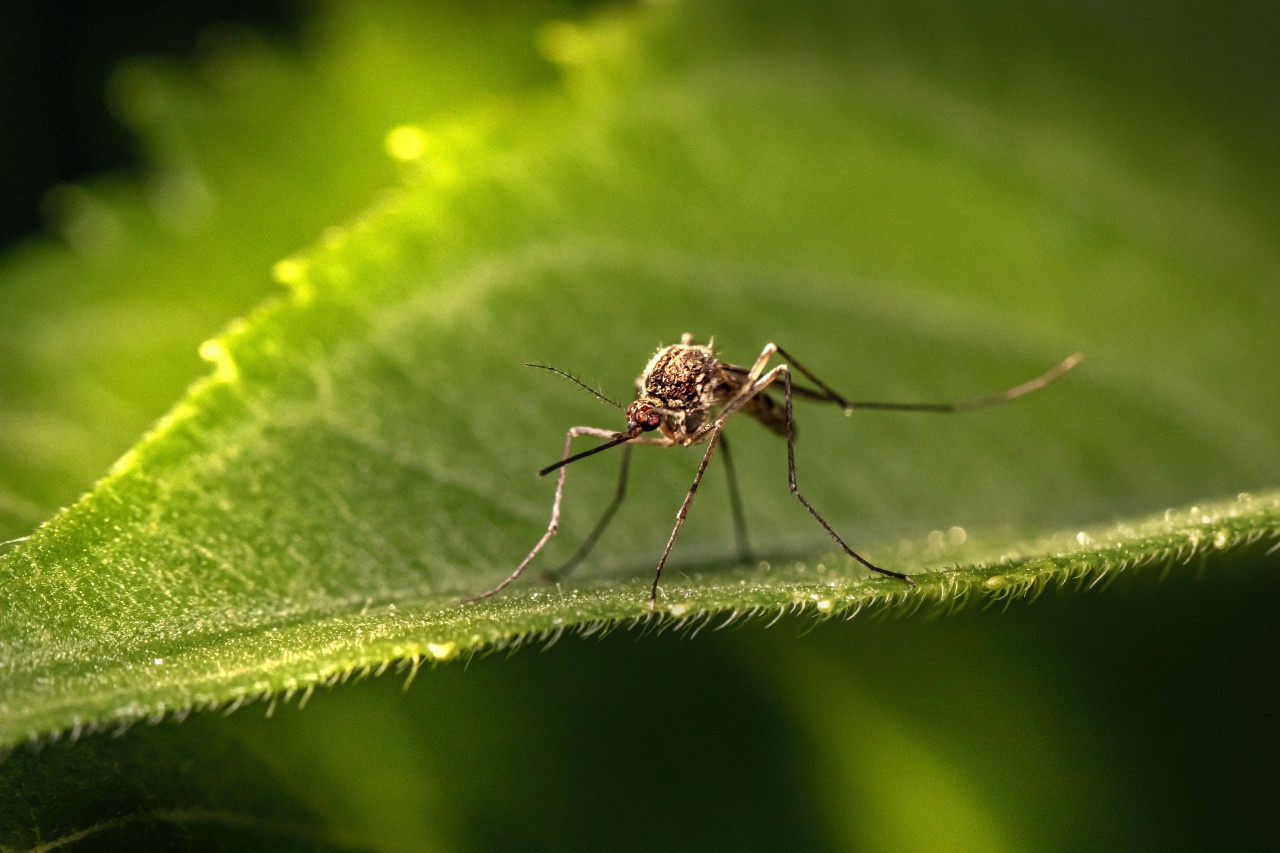Researchers say they’ve confirmed that mosquitoes are transmitting Buruli ulcer between possums and humans.
Doherty Institute Professor Tim Stinear says the “transmission enigma” has been solved off the back of decades of research into the bacteria.
“How Buruli ulcer is spread to people has baffled scientists and public health experts for decades,”he said.
With a focus on the Mornington Peninsula where some of the highest numbers of Buruli ulcer cases in the world have been identified, the Beating Buruli in Victoria project team collected over 65,000 mosquitoes over five years between 2016 and 2021.
Researchers had long suspected that mosquitoes were involved in transmission, but faced sceptism as there was no precedence for a bacterial infection like Buruli Ulcer being transmitted that way.
Using forensic level genomics, the team discovered that the genetic make-up of the bacteria M. ulcerans in mosquitoes was identical to that found in Buruli ulcer patients in the study area, where possums were also carrying the bacteria.
“So now that mystery is solved with our five-year study revealing that mosquitoes transmit M. ulcerans in southeastern Australia, making mosquito bite prevention and mosquito control obvious forms of prevention,” Professor Stinear said.
The Victorian government last week confirmed a record 363 number of cases of the flesh eating bacteria for 2023 – including greater Geelong and the Bellarine.
“Stop getting bitten by mosquitoes and reduce mosi’s that are breading in and around your home, and these two simple things will reduce the risk of you, or anyone you love, getting Buruli ulcer,” Professor Stinear said.






